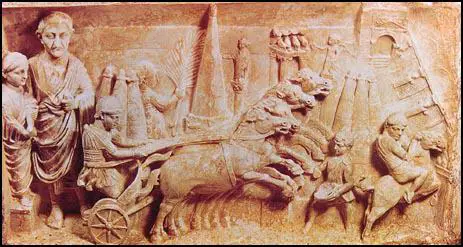
( shako / CC BY-SA 3.0 ) Games for the Gods: Greek Mythology and the Olympics

The wreaths were made from the branch of a sacred wild olive tree that grew at Olympia. The olive wreath was known as kotinos and was the official prize for victors at the Olympic Games held at Olympia. Image of a Boxer from Olympia crowned with an olive wreath. After a case in which a judge won two events and was accused of corruption, Hellanodikai were no longer allowed to participate in the Olympic events. This ensured a constant rotation of judges for each Olympic Games and helped prevent bias from repeat judges. Though the post of judge was originally hereditary, over time this changed to the choosing of judges from each of the Elean ruling families. ( Public domain )Īs Elis was the region within which Olympia resided, the Eleans were responsible for choosing the judges. Their role was therefore both political and religious.Īn artist's impression of ancient Olympia. Their responsibility was not merely to pick the victors of each of the games, but also to maintain the steadfast peace declared during each period. The judges of the Olympic Games were called the Hellanodikai. Those who were chosen to judge the events were well informed and kept up-to-date of those rules with rigorous training in anticipation of every Olympic cycle. The Olympic Games of ancient Greece adhered to certain codes and regulations, just as they do today, and each challenge had to abide by certain rules.

( aerial-drone / Adobe Stock ) Olympian Rules and Regulations While the prizes might be considered miniscule by today’s standards, the olive wreaths and crowns that were bestowed upon the victors were more valuable than the medallions used today.Īerial drone photo of the enthralling ruins of ancient Olympia, birthplace of the Olympic Games. Though there are more activities and participants in the modern games, they do little to entice and arouse the Greek concept of glory and pride that once made them renowned throughout the ancient world. The Olympics, as they exist today, are but a shadow of their former glory.


 0 kommentar(er)
0 kommentar(er)
